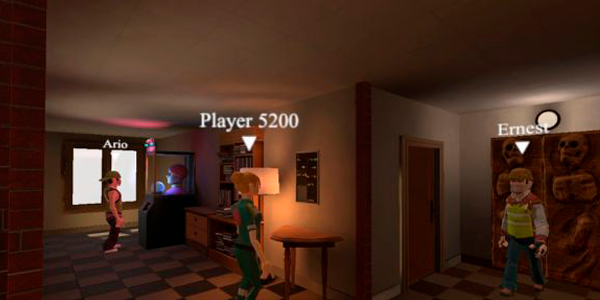
LiFA, Virtual Reality-based Training Platform
Explore LiFA to Know How They Can Help You
Virtual Reality training Platform
In many industries, practical hands-on training is crucial. However, due to limitations and risks associated with certain industrial environments, the need for simulating these environments and industrial equipment for training becomes essential.
In this regard, one practical tool for various simulation-based trainings is Virtual Reality (VR) technology.
LiFA’s Virtual Reality-based Training Platform helps organizations to implement their own simulation training environments within this platform and make them accessible to their stakeholders.
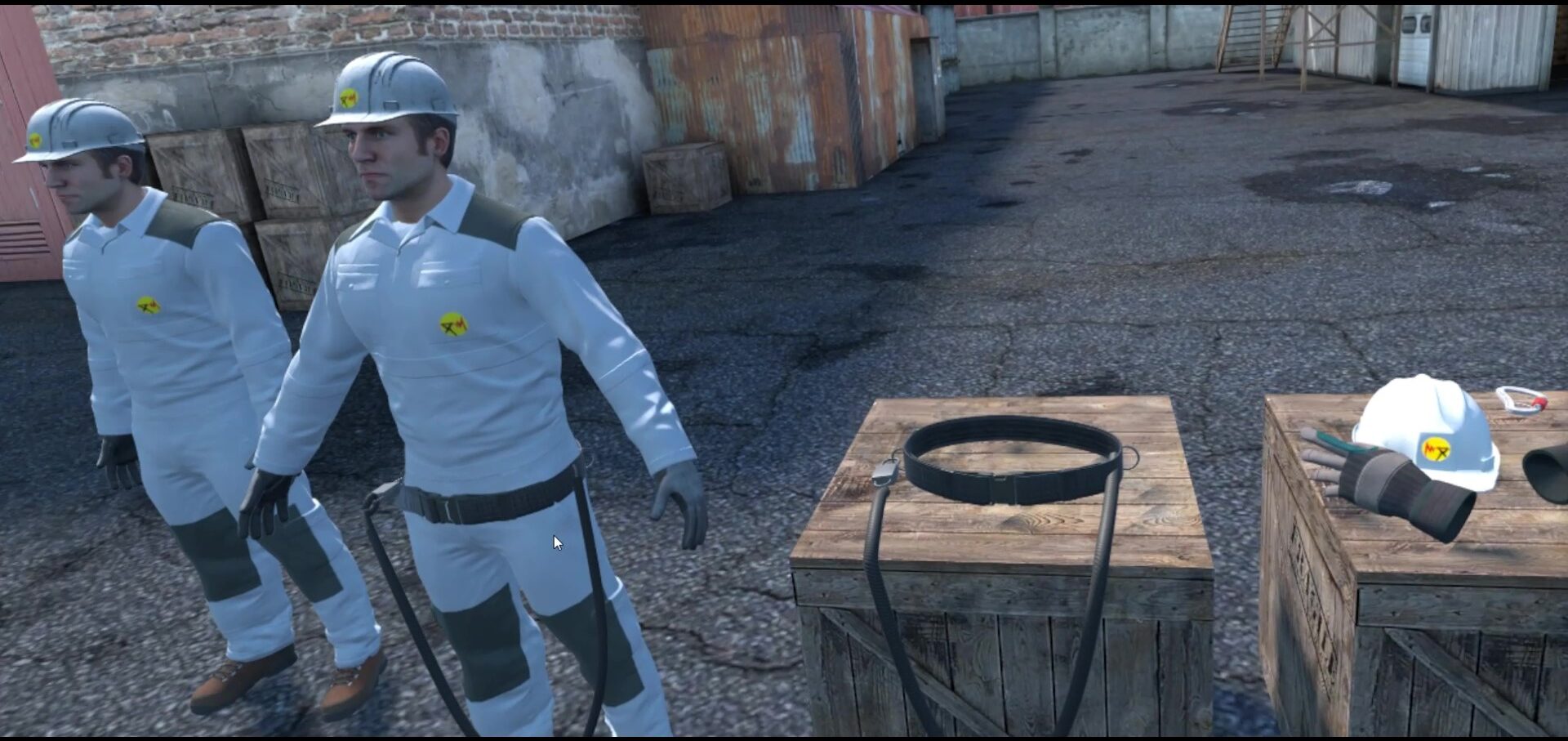


Dynamic Escape Rooms
By creating challenging puzzles at Dynamic Escape Rooms, you can ask your learners to play a VR-based and multiplayer game to learn or practice something new.
- Just enter into our LiFA VR Platform
- Select one of our “Escape rooms.”
- Create your learning puzzles
- Save and Share!
Then all users with specific access can enter your room and try to solve your learning puzzle to Escape!
Are you wondering to know more? Please book an online free demo session.
Just download LiFA World from Oculus Market and start your journey.
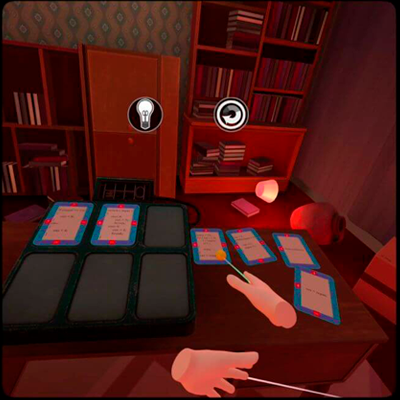

Simulated Environments
In simulated environments, learners can learn by doing!
They come to granted environments and do something related to their course or session while learning other concepts in the class or application!
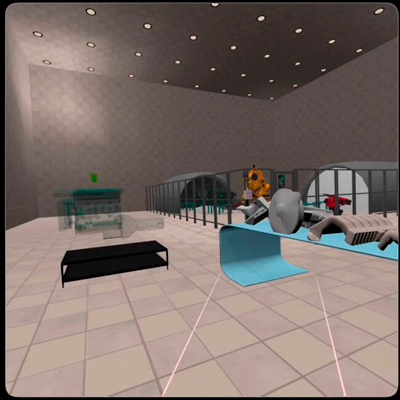
Dynamic Movie Theater
Learners can choose what they want to watch in the movie theater and watch a 360 video together.
All of its content is manageable from the admin panel.
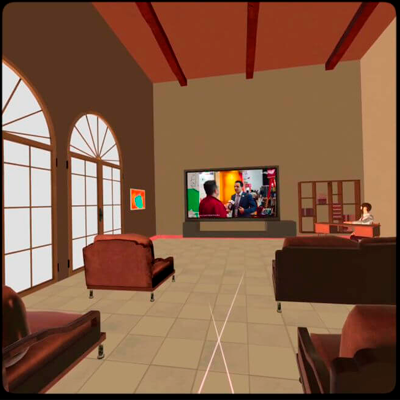
Powerful Admin Panel
Admins can manage users’ activities and details of the content presented in the LiFA VR Platform from.
The following is a list of some of the panel’s features:
- Users’ activities
- Users’ management
- Users’ learning progress
- Environments’ management
- Environments’ engagement
- Report Generator
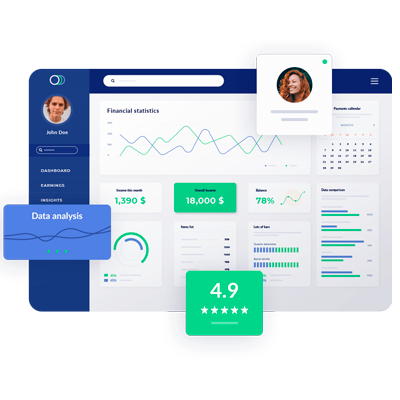
Are You Interested in VR Platform?
You Can Book a Free Demo Today

Multi-users environments
In LiFA VR Platform, learners can interact with each other and cooperate to solve puzzles or do some simulations.
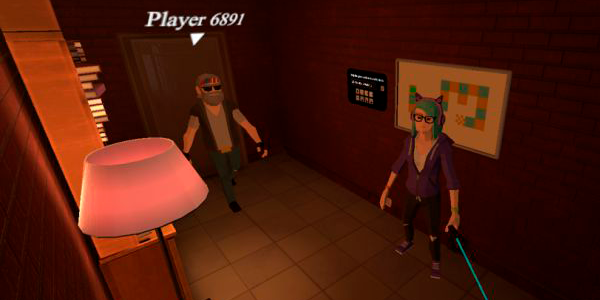
Online Collaboration Spaces
In the spaces, learners can interact (by voice and real-time chat) with each other, and by using some virtual tools like a whiteboard, they can discuss some topics and even learn from each other.
